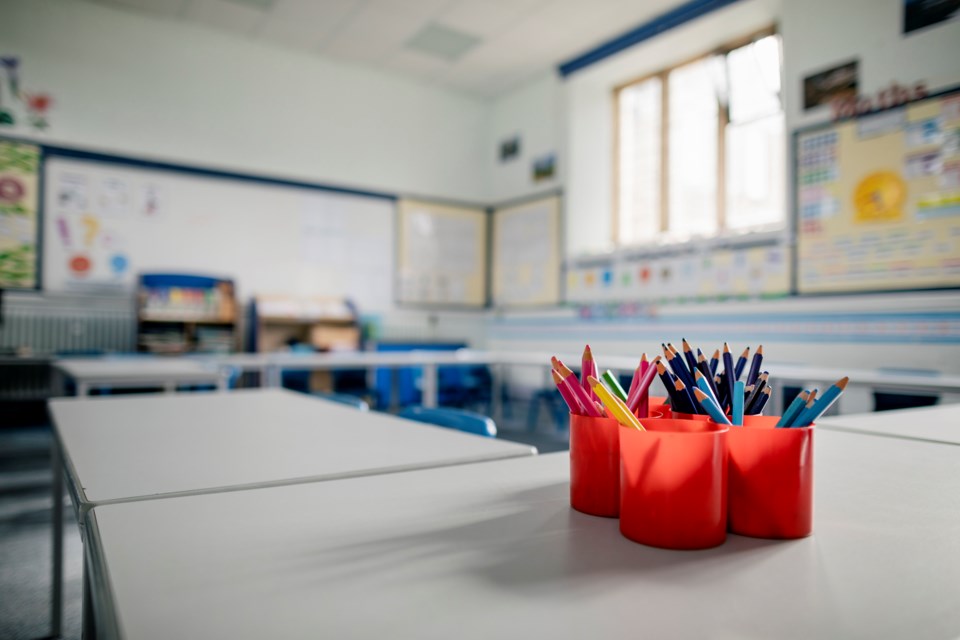The B.C. Commissioner for Teacher Regulation has reprimanded two teachers for inappropriately inserting themselves into the personal affairs of their students.
In the first of two anonymized consent resolution agreements published this week, an elementary school teacher was reprimanded and directed to complete coursework on professional boundaries at the Justice Institute of B.C. for providing a written statement to one parent of a child whose parents were in a custody dispute. The statement was then used by the parent in legal proceedings.
The problem was that the teacher used their position as a teacher to provide “confidential” information about the student as well as providing what the commissioner found to be biased and unprofessional comments about the parents.
“The teacher’s actions resulted in emotional harm to the student,” the commissioner concluded.
“The teacher relied on their position as a teacher to give credibility and weight to their opinions in the written statement and in doing so abused the privileged position of power and trust as a teacher.
“The teacher failed to maintain appropriate professional boundaries by becoming drawn into a family law matter, which impaired the neutrality of the school as a safe place for students,” the commissioner’s ruling added.
In a second agreement, a teacher agreed to a three-day suspension (in addition to a seven-day suspension from their district) plus compelled coursework for communicating “regularly with Student A about personal, non-school related matters, outside of school hours from the summer of 2022 to the end of February 2023.”
On two occasions the teacher hugged the student during these discussions. It is not made clear in the ruling if this occurred at an elementary school or a high school.
The commissioner found “Student A” confided in the teacher and shared personal information regarding Student A’s family life and other difficulties and continued to do so despite being asked to stop by the student’s parents.
“The teacher undermined Student A’s family trust and confidence in the educational system by disregarding the family’s request to stop communicating with Student A about non-school related matters and communication outside of school hours,” the ruling stated.


.png;w=120;h=80;mode=crop)
